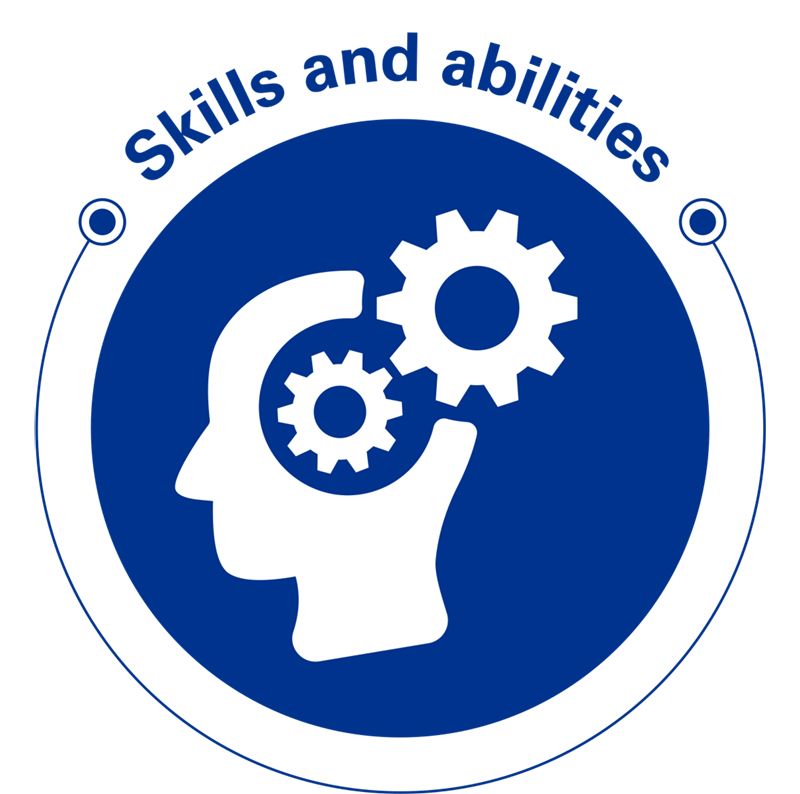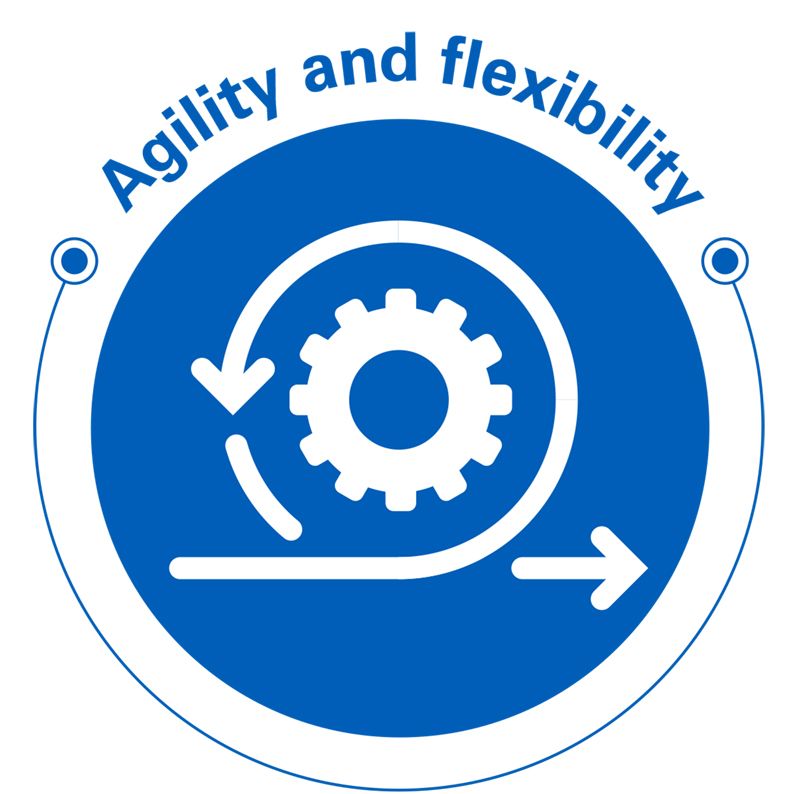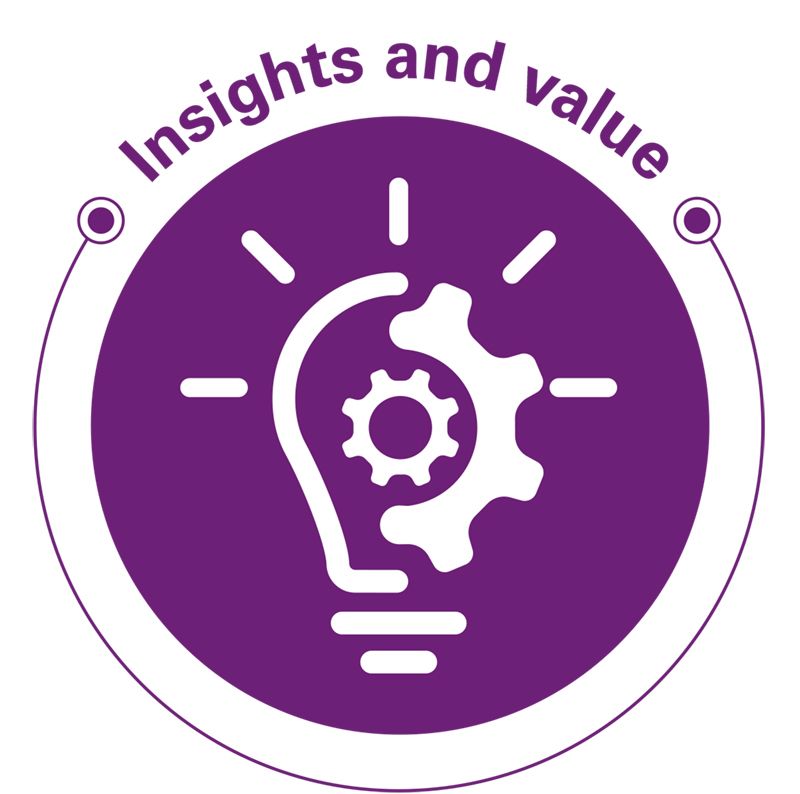Three pillars of credibility and trust
Internal auditors using technology need to build credibility and trust with stakeholders to meet the increased expectations of executives. This starts with addressing these three pillars of credibility and trust:



1Skills and abilities
Organisations are investing in new technologies that are developing at an ever-increasing pace. Internal auditors must be technically very competent and have good knowledge of the technologies used by the organisation. They must also be able to translate new technology risks into business risks in order to have the right conversations with management and board members.
2Agility and flexibility
As organisations change rapidly and increasingly use agile processes, such as continuous integration/continuous delivery (CI/CD), mobile technologies and remote workers, internal auditors need to think differently about how they deliver their assurance and advisory services. This includes the need for internal auditors to adopt new methodologies, including quick scans and short audit cycles, that are aligned with the operational process.
3Insights and value
Organisations are rapidly digitising their business operations. As change accelerates, the internal auditor must be able to adapt and work in real time. Management needs the independent assessment of technology-enabled internal audits on these strategic initiatives before making large investments in ineffective programmes or potentially introducing new risks. Internal auditors must provide insights beyond control deficiencies and use data to identify and report on real-time problems.






